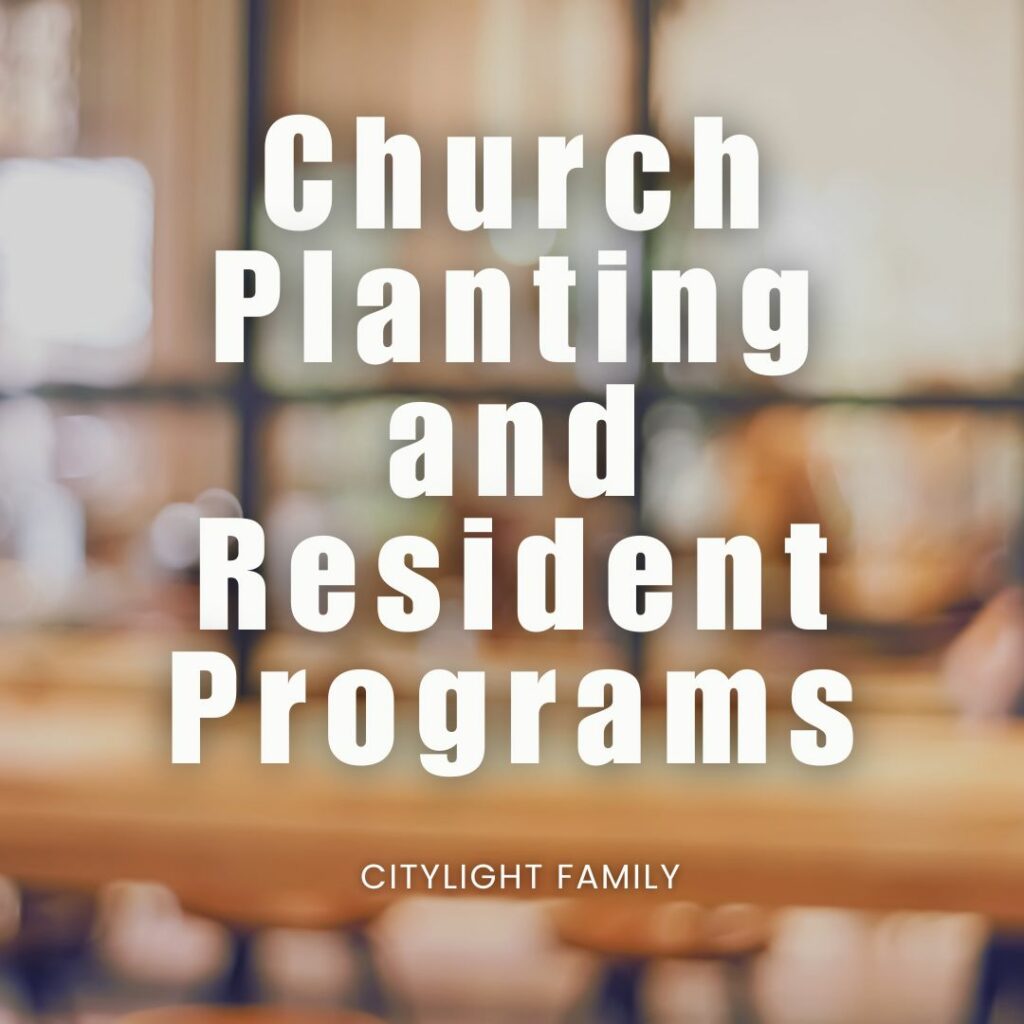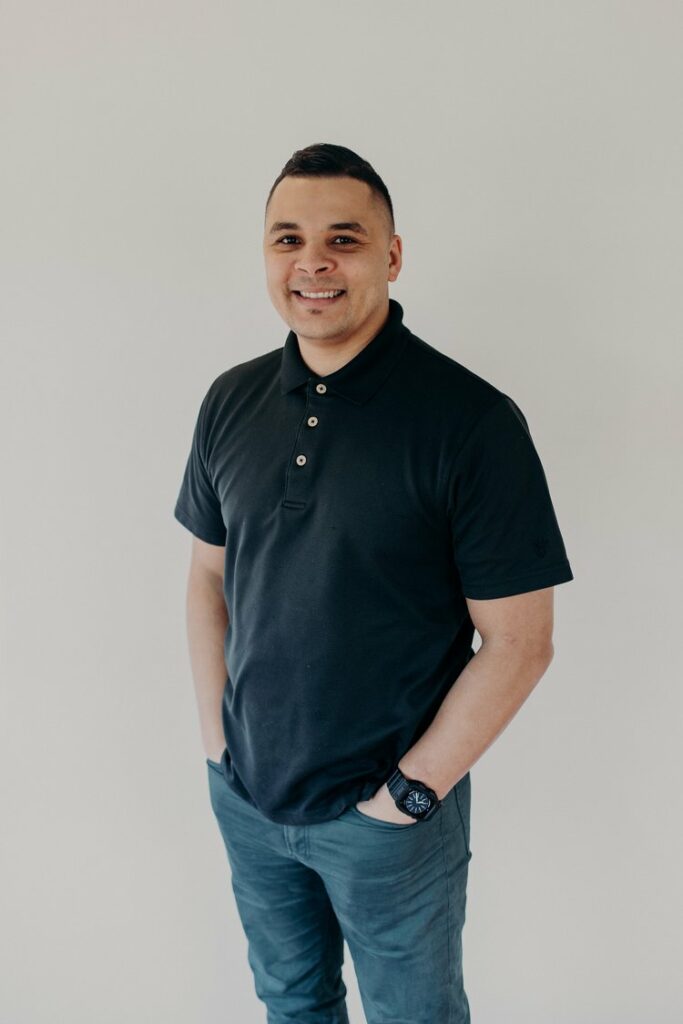A conversation with Nate Whisler, Pastoral Resident at Providence Church

Residency Programs can be vital to church multiplication. A Residency Program’s typical goal is to provide direct development in a particular ministry calling. The hope is to see each resident equipped and developed for the ministry calling God has for him or her.
Nate Whisler currently serves as a pastoral resident at Providence Church in Omaha. Recently, Nate sat down with us and shared a little bit about himself, what he’s learned as a resident and encouragement for residents and leaders in our Family.
What’s your story?
I was raised by a single teenage mother on the northside of Minneapolis, MN with two younger siblings. We did not grow up in the church, but at the age of 17, a classmate preached the Gospel to me for the first time. As a result of being introduced to the creator of the universe yet still having a hardened heart, I would go on to wrestle with the Lord for the next six years. At the age of 19 I enlisted in the United States Marine Corps (active duty), where God took me on an 11 year journey of shaping and molding me into the man He desired me to be. He continued to bring Christians into my life who preached the Lord’s faithfulness. In 2013, God gave me a new heart and I surrendered to Him. I began to serve a gospel centered church in North Carolina where I received discipleship, got involved in youth ministry, and began leading bible study in small groups. In 2017, I received a call to serve his body and God has continued to direct my steps, eventually leading me to Providence’s pastoral residency program.
What is a pastoral resident?
In simple terms a pastoral resident is a pastor “in training.” Somewhat like a medical resident who puts their years of education into practice while serving under the guidance and mentoring of a doctor; a pastoral resident develops their giftings and is equipped within the ministry context under the lead pastors. Primary focus is development in God’s Word, spiritual formation, and leadership in preparation to one day shepherd God’s people. My primary responsibility, apart from learning and development, is men’s ministry.
Describe the timeline and goal?
The residency program is a two year commitment, and this upcoming January (2024) will be the start of my second year as a resident.
Are you wanting to plant a church?
The residency has three tracks (church planter, pastoral resident, missions), and I am set on the pastoral track. This does not mean that I won’t church plant, it just means that I am open handed to a variety of ministry opportunities (church revitalization, joining a church body in need of pastoral leadership, ect.)
Having been in a residency program for a year, what have you learned and what has God revealed to you?
God has revealed more deeply the importance of equipping the saints for ministry. It is important for the leadership of a church plant to set a gospel centered culture that induces spiritual growth in missionally minded and communal oriented people; but it must be maintained as the church grows. This is only possible by the power of the Holy Spirit through the body of Christ. Continuing to call lay leaders into active participants in making and sending disciples is vital. It has been fun to see how the Spirit has moved through the people of Providence in the community, in people’s homes, and on the college campus.
What would you recommend to a church who is considering implementing a residency program or an actual pastoral resident?
Recommendations for church is to have a well thought out plan for residence while maintaining a posture of flexibility. Each resident will be different in giftings and abilities, and there is not one size fit all. Each resident should have a mentor who is intentionally walking with them and committed to their spiritual growth and maturity. Having a crawl, walk, run approach is important in development. The ultimate goal of a residency is to raise up leaders to step into pastoral roles at the completion of the residency. I would encourage having a heavily vetted process prior to hiring a resident, as it is paramount that they have a high moral character and be willing and able to step into leadership roles. I would also recommend including the members of the church in the vetting and approval process of a resident.
Also, residents and interns should be viewed differently. A resident needs to be given actual leadership responsibility and supervised authority – hence the vetting process. The first time a pastoral resident preaches, or leads the planning of a men’s retreat, or counsels someone, should not be when they take their first position as a pastor.
How would you encourage a church or other residents?
My encouragement for future pastoral residences – Trust the leaders God has placed in your life, be open handed in your ministry and be willing to serve. As much as a residency program should be designed to equip you, I would argue more importantly, your primary effort should be pouring into others. Some of the greatest growth that I have experienced has been through serving. If God has called you to shepherd His people, you must be willing to be the most servant of servants. Go into the residency with this heart posture and follow the Spirit as He leads.
How can we pray for you?
1) A continued growth in unity with my wife Katie
2) Discernment of God’s will for where/how he wants me to serve His church.
3) Maintaining a humble heart posture.

Nate Whisler
_________________________________________
For more information on residency and intern programs within the Family, visit our resident page.
For more information on Providence Church’s program, visit their resident page.
